'Freeze the rent' is not enough, immigrant tenants say
Zohran Mamdani’s biggest promise meets Queens’ harsh housing reality.
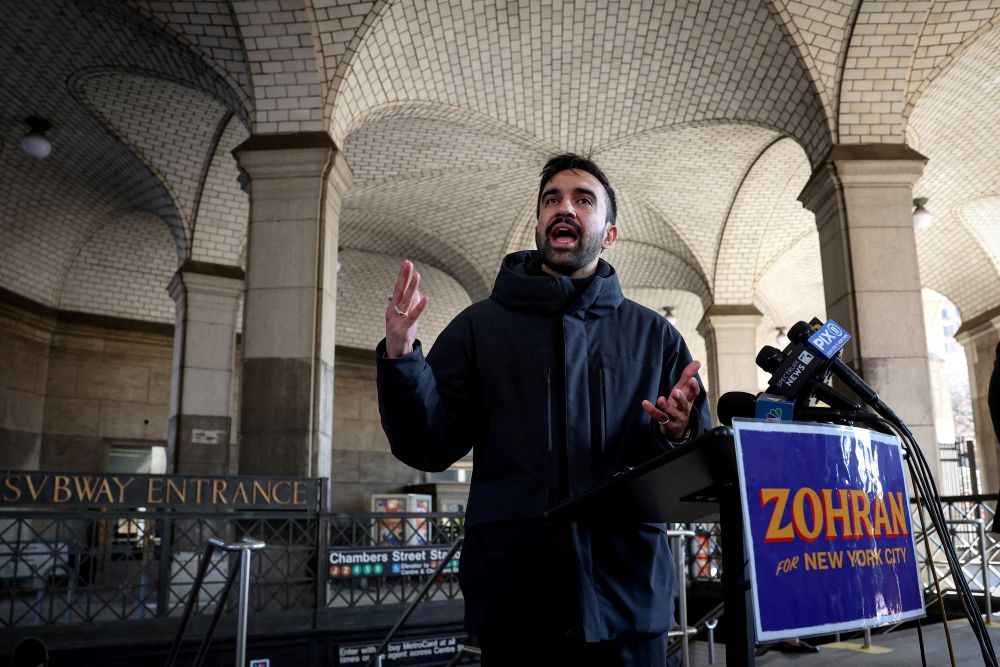 Zohran Mamdani speaks during a press conference while campaigning outside a Subway station in New York City, U.S., April 1, 2025. REUTERS/Brendan McDermid/File Photo / REUTERS/Brendan McDermid/File Photo
Zohran Mamdani speaks during a press conference while campaigning outside a Subway station in New York City, U.S., April 1, 2025. REUTERS/Brendan McDermid/File Photo / REUTERS/Brendan McDermid/File Photo
Zohran Mamdani’s headline campaign promise, to freeze New York City’s rent for his entire four-year term, has become a rallying cry for working-class immigrant renters. But for many in Queens’ tightly packed South Asian communities, they say it’s only part of what’s badly broken in the housing system.
In a city that depends heavily on immigrant labor, the stakes are high. According to a report from the New York State comptroller, in 2023 the city’s foreign-born workforce totaled 1.8 million people, making up roughly 44 percent of the labor force. Meanwhile, many immigrants in New York do not have formal pay stubs or documented incomes, creating barriers to stabilized housing.
ALSO READ: Let us not rush into celebrating Mamdani's victory
Mamdani’s support was especially strong in immigrant-rich neighborhoods of Queens and Brooklyn. In Queens, he drew major backing from areas with large South Asian and working-class communities, including Jackson Heights, Astoria and Jamaica Hills. In Brooklyn, he carried renter-heavy neighborhoods such as Clinton Hill and Bushwick, where tenant struggles and housing activism have also become central political issues.
Rowshun Ara Nipa, a community and housing justice organizer with DRUM — Desis Rising Up and Moving, says she hears the same story again and again among her community. “People have to spend more than 60% for their rent … especially the immigrant South Asian working class,” she said. In shared apartments, multiple family members often sleep in cramped spaces. “Four, five, six people live in one bedroom … Sometimes the parents sleep in the living room so the children can take the one bedroom. … It’s not a human living condition. They are just surviving here.”
Nipa noted that Mamdani’s proposed rent freeze applies only to rent-stabilized buildings. “He is only talking about rent-stabilized buildings. There are huge numbers living behind that, private houses, other buildings,” she said. “It might adjust slowly, but right now it’s not under the promise.”
She also described the hidden risk many immigrants face when they cannot document their income. “Working-class immigrant people don’t work with paychecks. They work with cash, so their earnings do not show in income tax. Then they cannot get these apartments,” she said.
ALSO READ: The Mamdani moment
Illegal or unsafe basement apartments are often the only option for tenants shut out of stabilized housing. “So many people are living in basements … the condition is so bad with water, lead, flooding. It is not for living, but they are living there because of rent,” said Nipa.
When tenants try to enforce basic rights, Nipa says the city’s response can be painfully slow. “The city does not respond quickly … sometimes they call the police, and nobody listens. Even the court doesn’t respond fast.”
In Jackson Heights, 59-year-old retiree Petra Fernandes pointed to systemic neglect. “There is no government protection. The system always sides with the landlords … We are just left at their behest,” she said.
Nipa shared how a lease prevented her daughter from having her mother stay with her. “How ridiculous is that? Your own mother cannot stay with you?” she asked.
In Astoria, a deli worker named Bamir spoke of his precarious existence: “I pay $1,000 for one room … I would have preferred half the price. I can’t even afford car insurance. I’m scared to get caught.”
Mamdani’s proposed rent freeze is not automatic. The Rent Guidelines Board, the body that controls rent stabilization, sets increases based on operating costs and other data. Even with sympathetic appointees, making a four-year freeze real will require time, political will and structural changes.
Many of the tenants Nipa works with don’t just want a freeze, they want tenant education, legal clinics and stricter enforcement. As she put it: “A rent freeze only matters to the people who can actually claim it. If you don’t know the law, you are still at risk.”
ADVERTISEMENT
ADVERTISEMENT
E Paper
Video




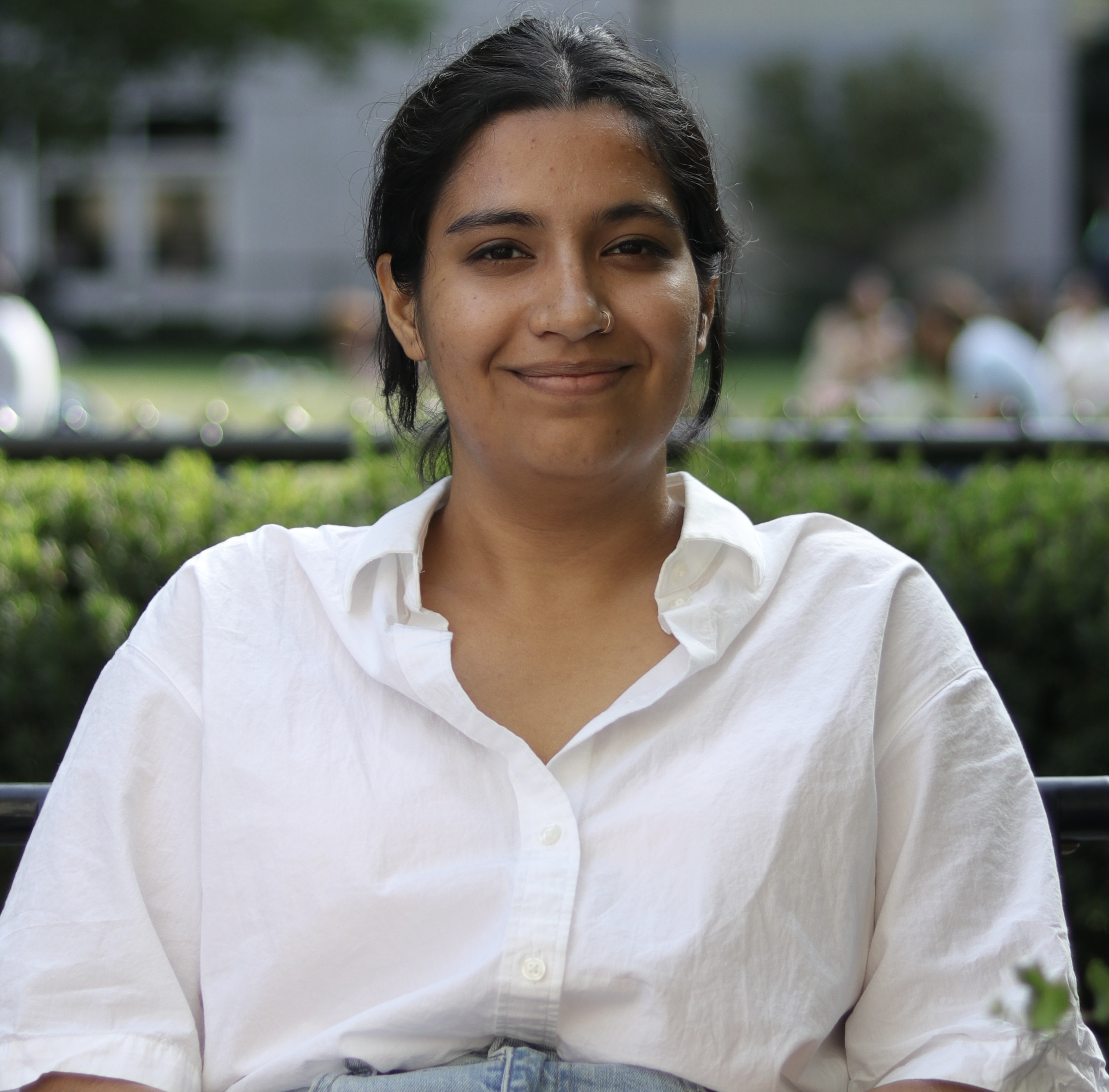 Rashi Mishra
Rashi Mishra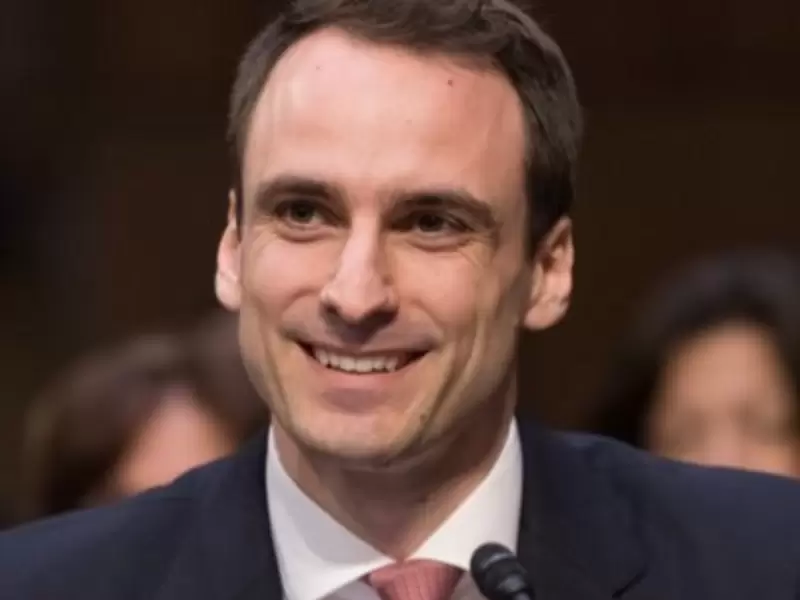

.png)




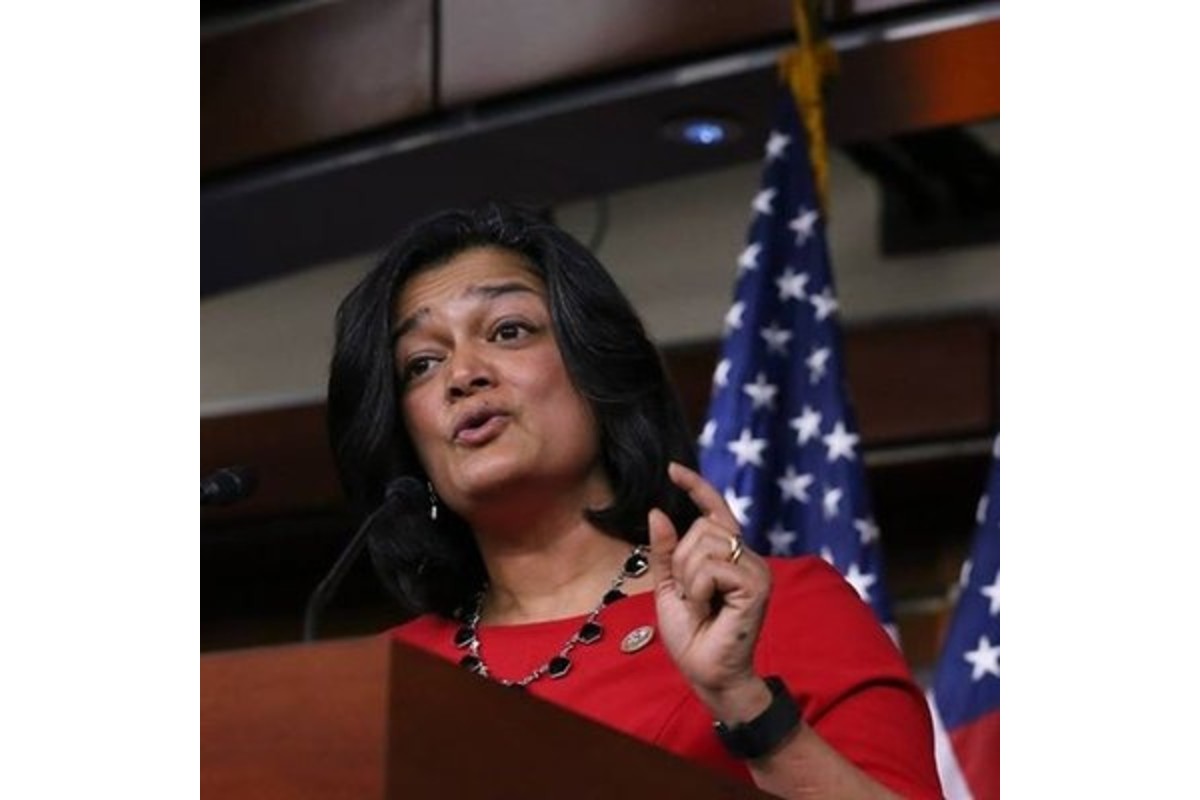
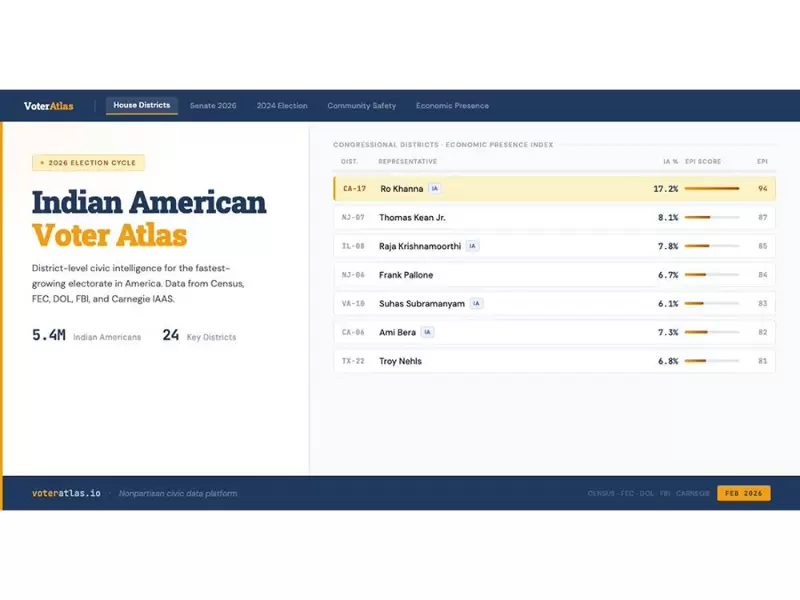

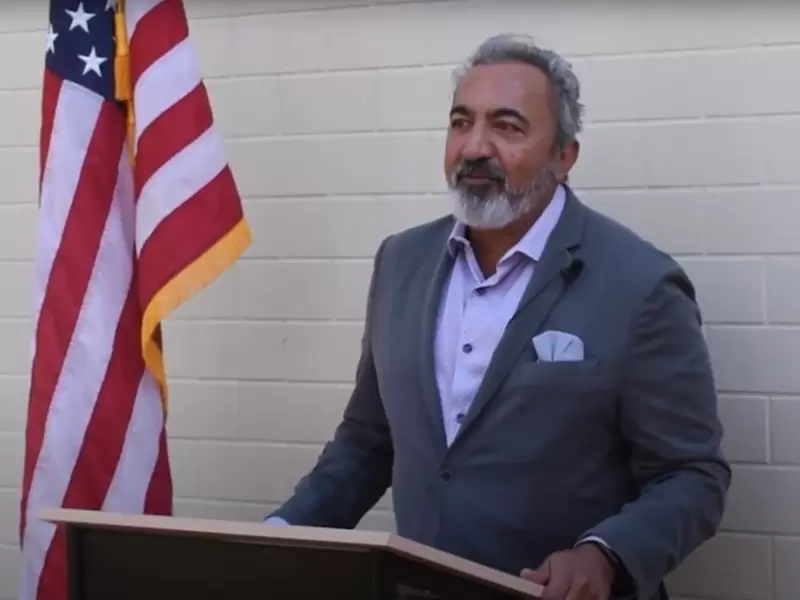
_(cropped)-1.jpg)


Comments
Start the conversation
Become a member of New India Abroad to start commenting.
Sign Up Now
Already have an account? Login